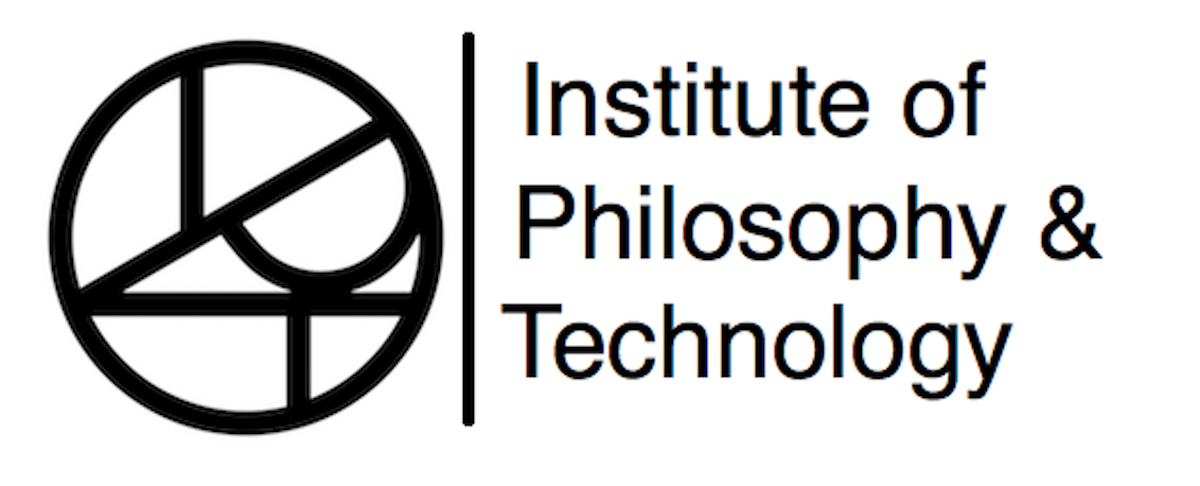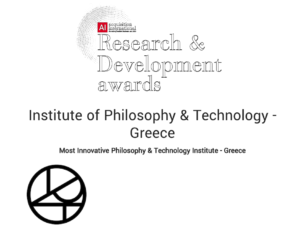IPT Talk Series 2023-24
5 February 2024, 20.00-21.00 (Greece time) (Online)
Raquel Fornieles
(Universidad Autonomous of Madrid)
‘Fake News’ in Ancient Greek Literature
This paper is a small part of a much larger study that aims to show that the concept of news is not a modern invention, but rather a social and cultural institution that has been passed down to us by the Ancient Greeks as a legacy. This concept is only modified by the social, political, and economic conditions that make our society different from theirs. We will focus specifically on the concept of fake news, popularized by Donald Trump during and after his presidential campaign and election in 2016. The term was soon admitted into the Oxford English Dictionary, defined as “news that conveys or incorporates false, fabricated, or deliberately misleading information, or that is characterized as or accused of doing so”. It is evident that this expression is applied to a very specific and current sociocultural context and cannot be understood without the present day’s mass media and social networks. However, there is strong evidence for the presence of false (fake) news in ancient Greek literature – especially in Greek tragedy and in the works of Thucydides and Xenophon – that is spread to generate disinformation to achieve specific objectives.
Raquel Fornieles studied Journalism (Complutense University of Madrid, BA 2023) and Classics (Autonomous University of Madrid, BA 2009, MA 2010, PhD 2015). She is a Lecturer of Greek Philology at Universidad Autonomous of Madrid (Classics Department) since 2016. Her research interests cover a range of topics associated with Greek linguistics and literature. She is the author of the book “The Concept of News in Ancient Greek Literature” (2023, De Gruyter). Currently, her research focuses on (im)politeness phenomena, Indirect Speech Acts and Irony in Greek Oratory, specifically in speeches by Lysias, Aeschines and Demosthenes.
Please register here

